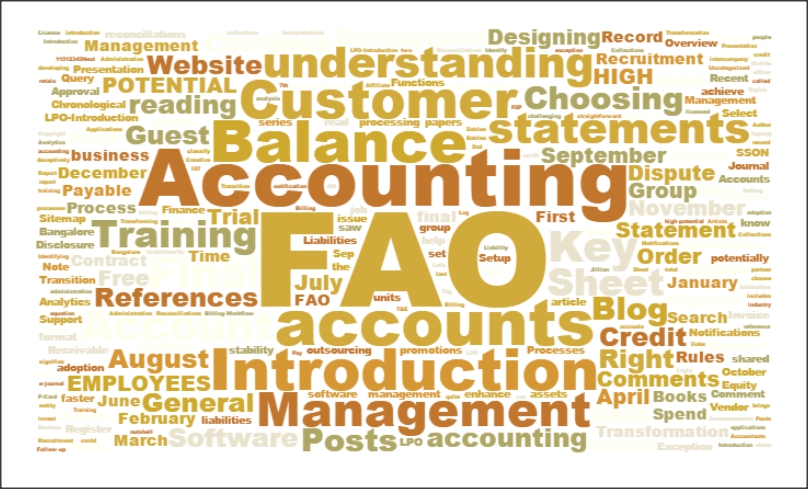We would like to share today a great article by the iSixSigma network on the Cost of Quality
When calculating the business case for a Six Sigma project, the cost of poor quality (COPQ), which is the cost caused through producing defects, is a commonly used concept. Within the total amount of quality cost, however, COPQ represents only a certain proportion. Costs do not result from only producing and fixing failures; a high amount of costs comes from ensuring that good products are produced. This article explains the cost of quality as a more comprehensive concept covering the cost of poor quality and the cost of good quality. In short, any cost that would not have been expended if quality were perfect contributes to the cost of quality.
Cost of Quality
As defined by Philip B. Crosby in his book Quality Is Free, the cost of quality has two main components: the cost of good quality (or the cost of conformance) and the cost of poor quality (or the cost of non-conformance). As Figure 1 shows:
- The cost of poor quality affects:
- Internal and external costs resulting from failing to meet requirements.
- The cost of good quality affects:
- Costs for investing in the prevention of non-conformance to requirements.
- Costs for appraising a product or service for conformance to requirements.
Read the full article at:
http://www.isixsigma.com/implementation/financial-analysis/cost-quality-not-only-failure-costs/
[Please post your comments at the bottom of articles so that authors have the opportunity to respond directly.]—————————————————————————————————–
Disclaimer: The above article is in no manner the property of the FAO Blog or any of its authors, constituents or owner. It has been shared for our blog readers / followers and an appropriate link has been provided to the author’s / owner’s website, so that our readers can read the article at the source of publishing. We have shared only some lead text to assist our readers identify the nature of the article. The FAO Blog is in no way associated with the author / owner who published the article and does not claim any ownership on the article. We respect the intellectual property right of the author / owner. Any dispute for the segment shared on our blog may be sent to our email id: blogmasterfao@faoblog.com


